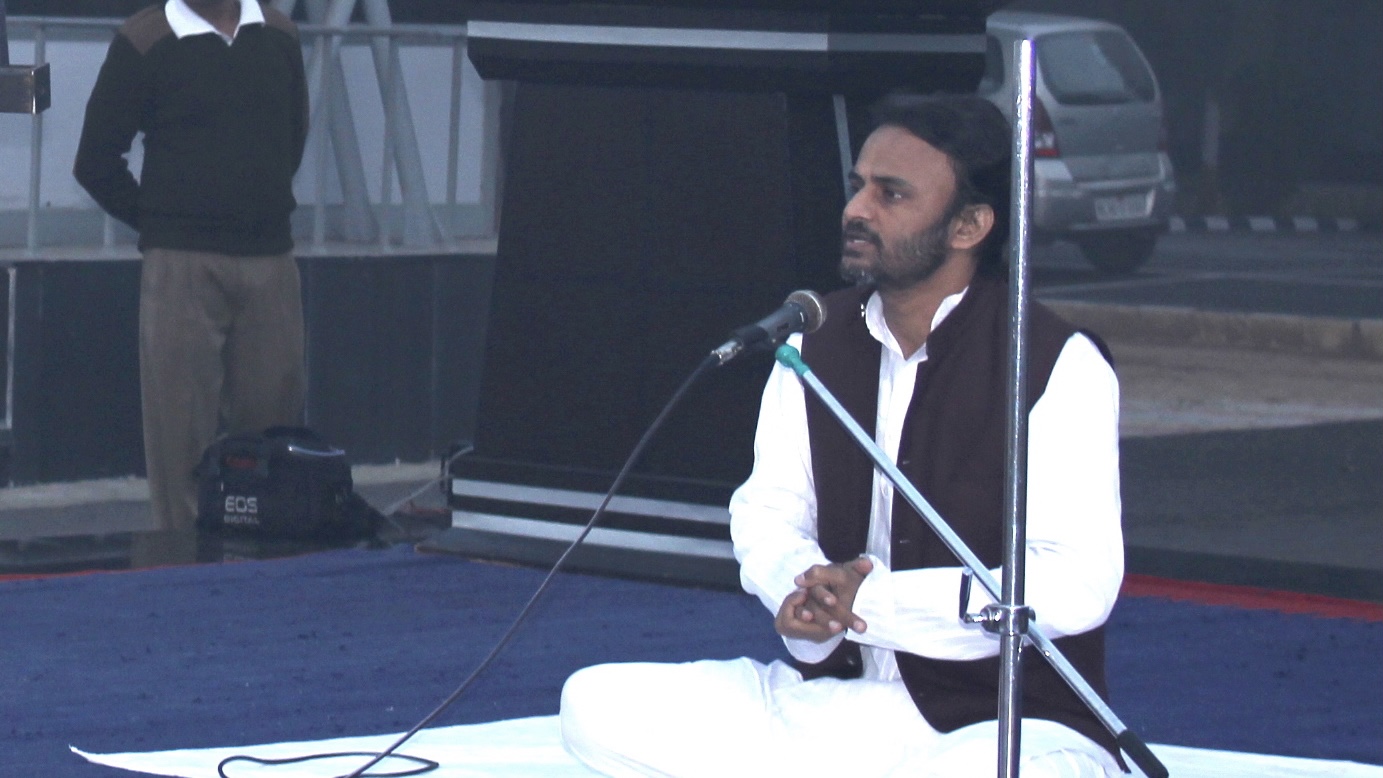
Can the Self focus on itself?
7 months ago By Yogi AnoopCan the ‘Self’ concentrate on itself?
This question, though seemingly simple, carries within it deep philosophical and experiential dimensions. Experience suggests that the Self cannot concentrate on itself—and even if it is possible, it is only possible in a particular sense, not in the fundamental meditative sense, but rather in the sense of ordinary intellectual or mental concentration.
Since the process of concentration itself originates from the Self. It is the very point from which meditation, consciousness, and experience flow. In such a case, when we say, “the Self concentrates on itself,” it is just like the eyes attempting to see their own vision.
Just as the eyes cannot see themselves—they can only see another object; just as the hands cannot touch themselves—they can only touch others; just as the ears cannot hear their own sound—they are only receptive to external sound; in the same way, the Self cannot fully concentrate on itself, because it is an experience that only finds its resonance through something other than itself.
The Self can only glimpse itself when centered on some external element, in some reflection, in some experience, in some relationship or through duality. It cannot descend directly upon itself, just as the eye cannot see its own pupil.
Here, it is important to note that the structure of experience is based on duality—one who knows, and one that is to be known. That is, Purusha and Prakriti, or in general terms, the one who eats and the food. Unless there is food in front of the one who eats, how can he know the taste of food? That is, without duality, knowledge is not possible—neither of an external element nor of the Self itself.
This can be understood through another example—a person who can see himself only through a mirror; if the mirror is absent, then neither can the mirror be known nor can the Self be known. Similarly, for the seer to experience the Self, a seen (the body and the senses) is certainly needed. If there is no body and no senses, then how would the experience of the Self even be possible?
That is why I always say that duality is inevitable—the Self cannot focus on itself without any external object. For the Self to experience itself, it will have to take the help of those elements which are not the Self but are within the field of Self-experience.
Therefore, while advancing toward self-realization, one must understand that in the initial stages of spiritual practice, the movement of meditation is not from outside to within, but from within toward the other—that is, the Self must first become concentrated upon some external element, and only after that, using those elements as a medium, can it experience itself. One must also remember that when the Self experiences only the Self and no longer retains the memory of the seen medium, that state is called pure non-duality (Advaita). It is somewhat like seeing oneself in the mirror—at that moment, it is not the mirror that is experienced, but only the Self. That very experience of the Self is called Advaita.
This is my experience.
Anoop
Recent Blog
Copyright - by Yogi Anoop Academy
